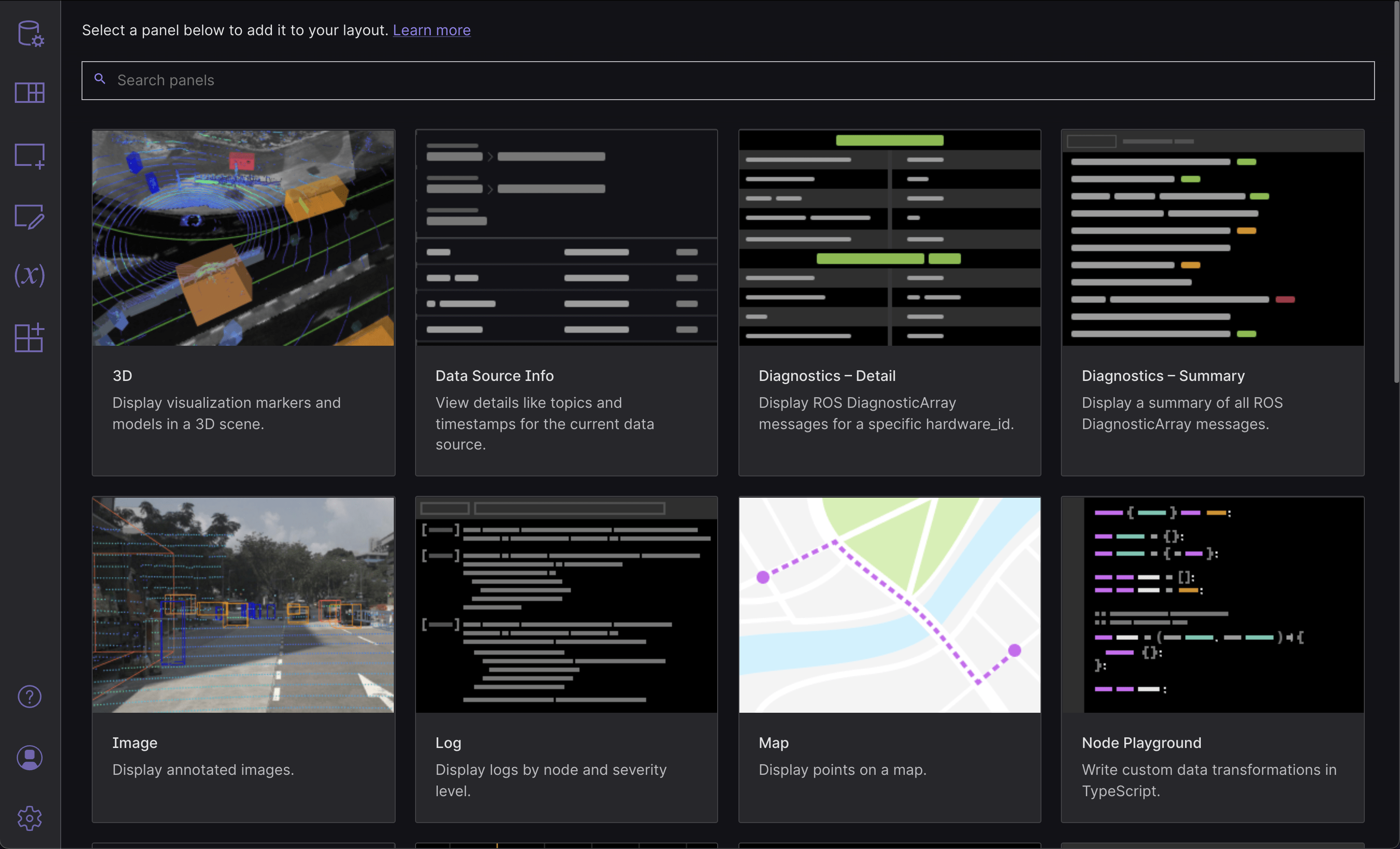Foxglove, a startup building an infrastructure stack for robotics, today announced that it raised $15 million in a Series A funding round led by Eclipse with participation from Amplify Partners and angel investors including Cruise CEO Kyle Vogt. The proceeds bring Foxglove’s total raised to $18.7 million, which CEO Adrian Macneil says is being put primarily toward product development and expanding the company’s product engineering and sales teams.
Macneil previously led infrastructure at Cruise, the self-driving car company backed by GM (hence Vogt’s involvement), and was the first director of engineering at Coinbase. While at Cruise, Macneil says that he saw firsthand the lack of off-the-shelf tooling for robotics and autonomous vehicle development; Cruise had to hire entire teams to build tooling in-house, including apps for visualization, data management, AI and machine learning, simulation and more.
That inspired Foxglove, which began in early 2021 as a fork of Webviz, an open source web visualization project released by Cruise three years ago. After rewriting most of the code, adding support for different robotics frameworks and creating complementary tools for data logging and management, Macneil and Foxglove’s second co-founder, Roman Shtylman (also a Cruise and Coinbase veteran), formally launched both the company and platform.
“It’s incredibly inefficient and redundant for all robotics companies to build nearly identical internal tools,” Macneil told TechCrunch via email. “To expand the robotics industry, we need to lower the barrier to success for robotics companies by creating high-quality off-the-shelf solutions and freeing roboticists up to focus on domain-specific challenges.”

Foxglove creates cloud-based tools and libraries like the open source MCAP, which provides a standardized interface for companies to exchange data. As Macneil explained, robotics data is unique; most file formats aren’t suitable for storing data like point clouds, camera images, machine learning inferences and controls output.
“Prior to MCAP, many of our customers were literally inventing their own file formats for recording data, which had predictable consequences when they tried to bring this data into standardized tools,” Macneil said. “We’ve since had some big names in the industry, such as Anduril, adopt and contribute to this open-source project.”
Recently, Foxglove released a rewritten 3D visualizer, which ships with features such as a viewer that allows users to combine camera images and 3D models in the same scene. Looking ahead to the future, Macneil says that he aims to help customers streamline data uploads from the field or remote facilities and improve Foxglove’s support for simulated data, a major pain point.
“The robotics industry is still in its infancy and not getting as much attention as the broader AI industry — but impressive companies are being built and enormous opportunities. The biggest challenge facing the robotics industry is a lack of awareness,” Macneil said. “Funnily enough, it reminds me of when I first started working in crypto. It was challenging to hire experienced technical folks because it was such a niche industry. Thankfully, we’re seeing awareness accelerate quickly as people realize the importance of the problems being solved.”
Foxglove claims to be “in an excellent position cash-wise” and growing quickly, with an 8x uptick in active users over the past year. The company, which is entirely remote with 19 employees across four countries, has more than 3,000 users on its cloud-based tools and enterprise customers, including Nvidia and 6 River Systems.































Comment